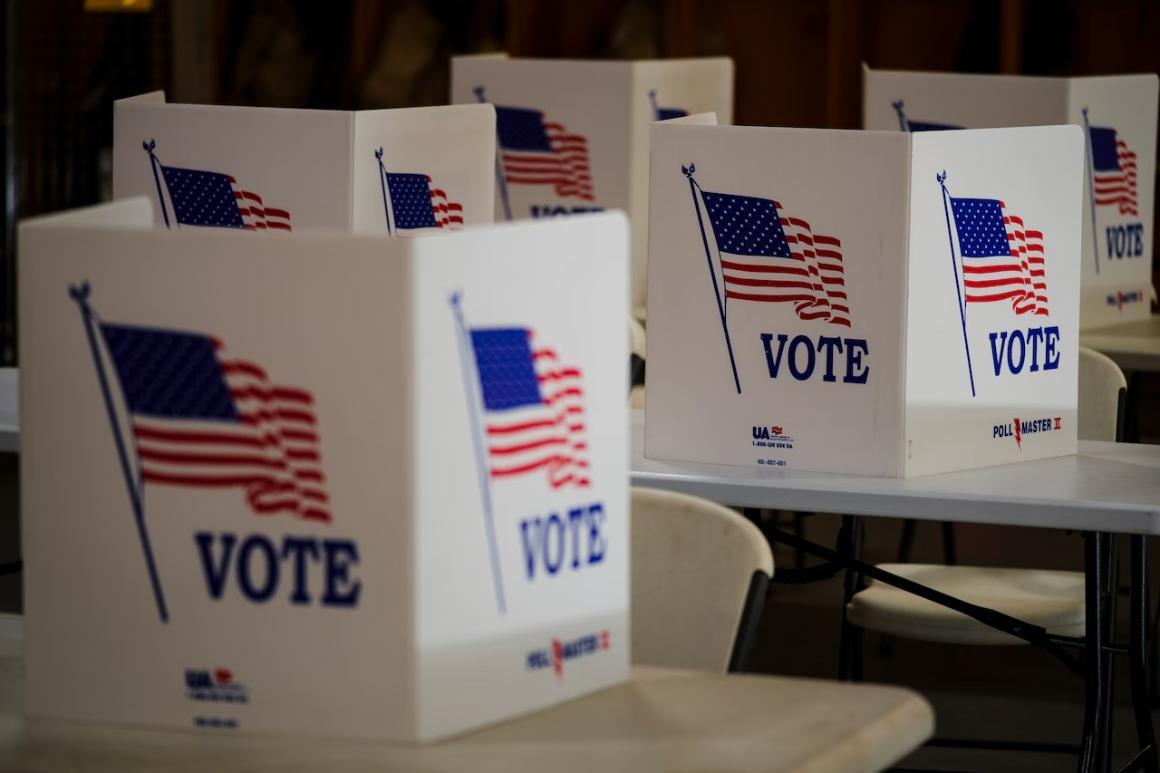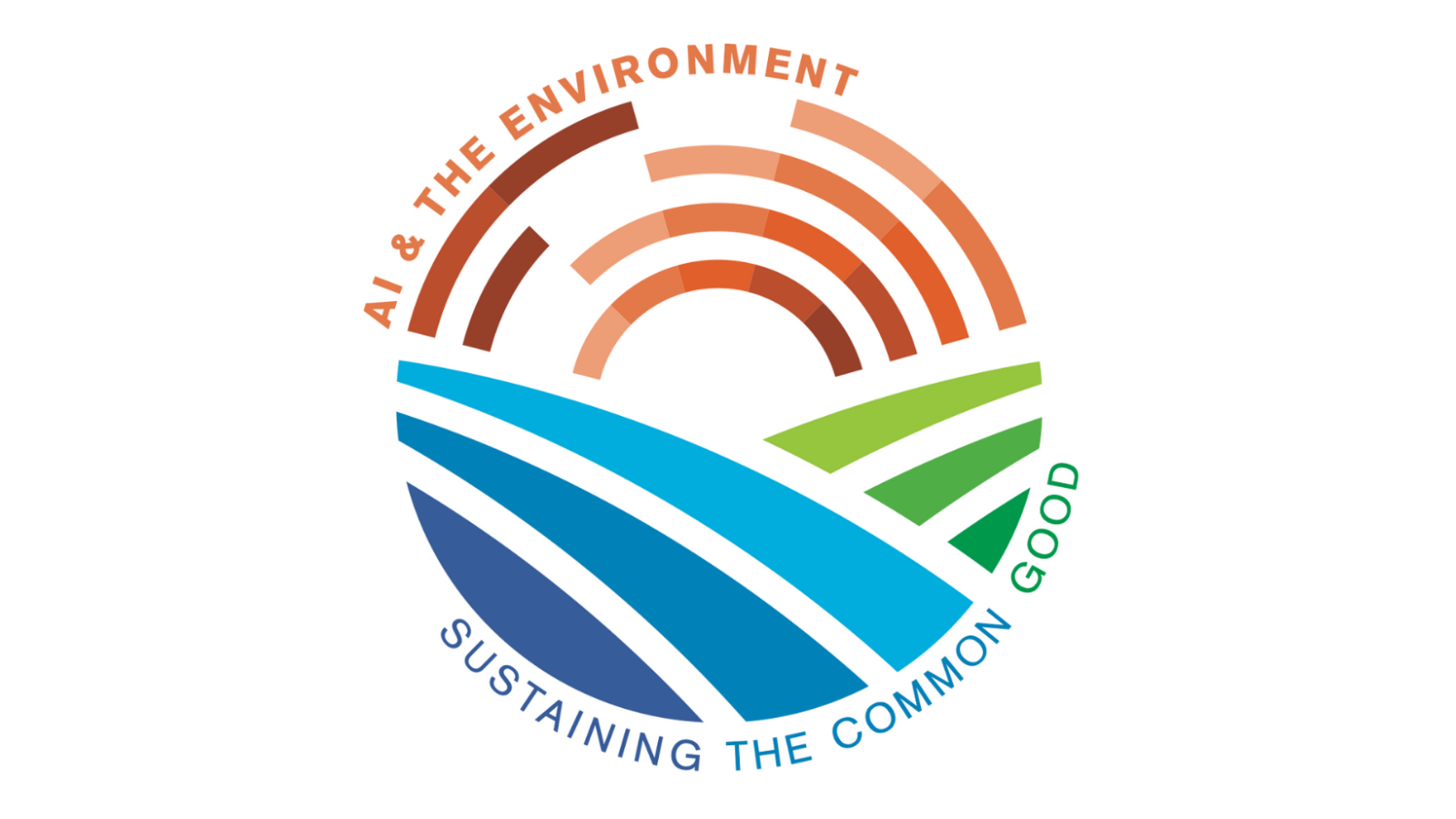Is There a Different Way to Frame the Debate Over Race-Based Preference?
It was 1986, and I was having a discussion with my freshman composition class at Santa Clara University about racial preference. Several white students were telling me about friends who should have gotten into SCU but didn't because the University was accepting so many "affirmative action students." Others were assuring me that they would have been accepted at Stanford if some minority student had not gotten their slot.
There were no African American students in the class; at that time, the freshman African American population at Santa Clara stood at 24 out of the total 886 freshmen. When I tried to get my students to look at the numbers and explain why they felt so threatened, they regarded me with the half-indulgent look college students used to reserve for 60s children such as myself and shrugged. They knew what they knew.
And me? As much as I liked my students, I found it easy to write off their opinions as racist, or at the least, paranoid.
Ten years later, as the issue of affirmative action threatens to fracture the state of California in the next election, I think back on that conversation. It has come to represent for me what is wrong with the public dialogue on this subject: We throw out anecdotal evidence, mixed with a few facts and figures, and then we all retreat into our preconceived ideas without any empathetic consideration of the other side. At least I know I was not really listening to what my students had to say.
I do not mean to suggest that I have changed my mind about affirmative action. I still support it, which may seem a strange admission in the introduction to an article that I hope will be seen as an evenhanded exploration of the ethical issues involved. But I have come to believe that — in the affirmative action debate, at least — we cannot move forward unless we understand the justice of the other side's position.
A Controversy Over Justice
At its heart, the controversy over affirmative action is a controversy about justice. When we try to judge the justice of a social policy, we start with the basic premise that everyone should be treated similarly unless there is a morally relevant reason why they should be treated differently. Whatever benefits and burdens the society has to distribute, justice requires them to be allocated on this basis.
For simplicity, I'll confine myself to exploring how this premise applies to race (which, by the way, is how the debate over affirmative action is usually couched, despite the fact that such programs include women and other minorities). Most people agree that the history of slavery and Jim Crow in this country violated the first premise of justice. The color of someone's skin is not a morally justifiable reason for treating people differently.
Ah, but if that's so, say opponents of affirmative action, why is it acceptable to favor people because of their skin color? If everyone were treated similarly, wouldn't we have a colorblind society? Indeed, the California Civil Rights Initiative, the November ballot proposition that seeks to overturn affirmative action, reads like this:
"The state shall not discriminate against, or grant preferential treatment to, any individual or group on the basis of race, sex, color, ethnicity, or national origin in the operation of public employment, public education, or public contracting."
To clarify the values that make us come down on one or the other side in this debate, we must address the justice of preference. In the case of affirmative action, we must decide if there are ever circumstances that make it fair to favor one race over another when it comes to jobs or university admissions.
Compensatory Justice
One answer to that question might be found in the principle of compensatory justice, which states that people who have been treated unjustly ought to be compensated. No reasonable person would argue with the fact that African Americans have suffered more than their share of injustice over the course of U.S. history. Many proponents of affirmative action defend the programs as a kind of reparation for the terrible wrongs of slavery and segregation. The white majority, in this view, must compensate African Americans for unjustly injuring them in the past.
A related concept brings this argument into the present: Affirmative action, proponents hold, neutralizes the competitive disadvantages that African Americans continue to experience because of past discrimination; segregated neighborhoods served by poor schools would be an example.
23% think blacks |
46% think whites |
The Newsweek Poll
|
March 23-24, 1995
|
President Johnson had this justification for preferential treatment in mind when he signed the 1964 Voting Rights Act and said: "You do not take a person who, for years, has been hobbled by chains and liberate him, bring him up to the starting line of a race, and then say, 'You are free to compete...' and still justly believe that you have been completely fair."
While the argument for compensatory justice seems persuasive to me, I find that it often plays differently with the folks who are called upon to do the compensating. First of all, many people are not ready to concede their complicity in the wrongs of the past. It's very hard to persuade a young Asian college applicant, whose parents did not arrive in this country for a century after abolition, that she must take responsibility for slavery. Others cannot see how their race puts them at a competitive advantage. Most Appalachian out-of-work coal miners donÕt see themselves as the benefici-aries of past favoritism.
Even the average white male — who has weaker grounds for rejecting the compensatory argument — is beginning to rebel against racial preference. While it may fall outside the realm of morality to consider whether an argument is popular or not, those of us who want affirmative action to continue must confront the fact that many Americans believe these programs are asking them to take their punishment like...well, like a man. A lot of them are refusing to bend over.
A Common Good Approach
I believe there's an equally valid moral argument for affirmative action that avoids the punitive overtones of the justice approach, focusing instead on why these programs are in everyone's best interest. In resolving the affirmative action question for myself, I find the best guidance in a common good approach to ethics. As explained in a previous issue of this publication ["Thinking Ethically," Winter 1996], the common good consists primarily in "ensuring that the social policies, social systems, institutions, and environments on which we depend are beneficial to all.... Appeals to the common good urge us to view ourselves as members of the same community, reflecting on broad questions concerning the kind of society we want to become and how we are to achieve that society."
Occupations and Employment: 1960-1990
|
|||
|
White Men
|
1960
|
1990
|
|
|
Black Men
|
1960
|
1990
|
|
|
Source: Two Nations, Andrew Hacker.
|
|||
I look around me — at the poverty, crime, and alienation that so disproportionately afflict our minority communities — and I ask myself, Is this the kind of society I want to live in or the world I want my children to grow up in? The answer to that question is much clearer to me than deciding where justice resides in the affirmative action debate.
This is not simply a matter of feeling compassion or guilt, though neither of those responses strikes me as inappropriate. But beyond how I feel, I have a stake in addressing these problems. I know that social blights cannot be confined to a particular neighborhood or community; eventually, I will pay for every angry, jobless, poorly educated person — through the welfare system and through the prison system (the cost of which is fast surpassing schools in California).
However imperfect, affirmative action has made a small dent in the inequities that have characterized the distribution of jobs and educational opportunities in the United States. According to The New York Times, "The percentage of blacks in managerial and technical jobs doubled during the affirmative action years. During the same period, as Andrew Hacker pointed out in his book Two Nations [Ballantine Books, 1992], the number of black police officers rose from 24,000 to 64,000 and the number of black electricians, from 14,000 to 43,000."
Abolition of affirmative action would clearly reverse these gains. Cities that have dropped minority set aside programs, for example, have experienced a sharp drop in the percentage of government contracts going to minorities.
To say that these programs should be retained is not, however, to ignore the claims of fairness and justice raised by opponents of affirmative action. But I wonder if we need to define these in the competitive manner that has characterized so much of the debate --"You got my spot," as my students might have put it. Wouldn't it be better to create a vision of a society in which my good fortune did not mean your suffering?
Addressing the Underlying Scarcity
Much of the threat my students felt, I now believe, came from the realistic assessment that they faced a dearth of employment and educational pros-pects. The best way to foster their support for affirmative action would be to address the underlying scarcity.
That was the experience in Atlanta, which, in preparation for this summer's Olympic Games, awarded almost a third of $387 million in construction and vending contracts to women- and minority-owned businesses. "Grumbling has been minimal during Olympic preparations, largely because Atlanta's economy is so strong that work has been plentiful," writes Kevin Sack in The New York Times.
Freshmen Entering UCLA in 1994
|
|||
|
Groups Asians
|
% of All Students
|
% of Students Admitted on
|
|
|
Source: Chronicle of Higher Education, "Other" groups have been omitted.
|
|||
A common-good argument for affirmative action is part of a broader approach that envisions a society with plentiful work and good education for everyone. I can imagine the eyeballs rolling as I write these lines. Naive. Utopian. But, really, every ethical system is utopian in that it suggests an ideal. Why is my concept any more idealistic than the California Civil Rights Initiative, which is premised on a colorblind society where no one is ever discriminated against on the basis of race?
This article was originally published in Issues in Ethics - V. 7, N. 3 Fall 1996.



